MultiChoice strengthens local productions
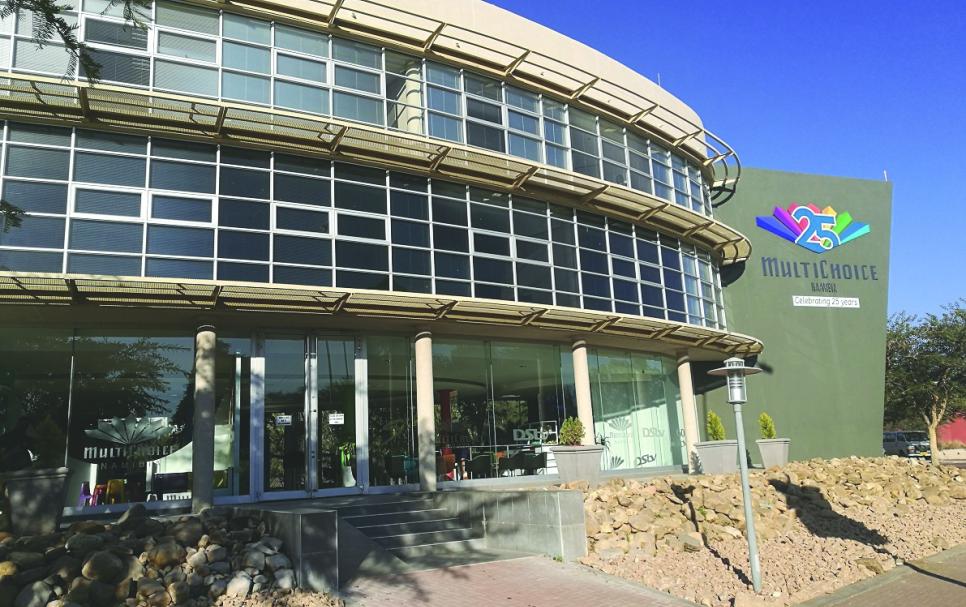
By Hilja Shikongo
MultiChoice Namibia has steadily positioned itself as one of the leading players in the country’s entertainment industry, not only by broadcasting international shows but also by investing directly in homegrown productions. Speaking to Confidente, the company’s Head of Marketing and Corporate Affairs, Abbelene Boer, said that supporting Namibian storytelling has become a long-term priority.
“We have had a strategic objective to build the Namibian film and television industry that would deliver benefits and develop our creative industry while increasing our investment in local productions,” Boer explained.
She added that this objective goes beyond business. “For us, it is about ensuring that Namibians see themselves on screen, that our cultures and our languages are reflected, and that we create opportunities for the many talented storytellers in this country.”
Two major initiatives have shaped this push Project Mukorob and Ombura. Under Project Mukorob, which was done in partnership with the Namibian Broadcasting Corporation, MultiChoice helped produce 13 local films that aired nationally. These included dramas, romances, and thrillers that showcased a range of Namibian voices.
“It was a groundbreaking project because it not only gave our viewers something fresh and authentically Namibian to watch, but it also created jobs and trained filmmakers in the process,” Boer said.
The more recent Ombura project, named after the Otjiherero word for “rain” or “new year,” took the work further. According to Boer, it led to eight new productions six feature films, one documentary, and one lifestyle series.
“With Ombura we wanted to give even more opportunities to creatives and bring new genres to life. We had filmmakers experimenting with everything from urban love stories to cultural dramas and documentaries that celebrate our environment,” she noted.
Among the titles released under these projects is Ataman, a sports drama by Kim Hamunghete and Mpingana Dax, which tells the story of a young football player fighting to create his own path while living in the shadow of his father’s legacy.
Another production, Die Rooftog, produced by Jenny Kandenge and Lavinia Kapewasha, follows Ernest, a desperate man who attempts to escape his financial struggles through an unexpected business venture in Windhoek.
Then there is !Dhina Boys, written and directed by Nadia van den Heever, which explores a mother’s determination to reclaim her community from delinquent youth by introducing discipline and martial arts. Meanwhile, the Ombura documentary Guardians of Eden has already earned international recognition.
Boer proudly shared that it “won a Gold Award at the International Travel and Tourism Festival in Johannesburg and has been screened internationally, putting Namibian storytelling on the global stage.”
“These productions are special because they are ours. They speak to our reality, our struggles, our joys, and our creativity,” Boer said. “When audiences see themselves reflected in these films, they connect deeply, and that is exactly what we set out to do.”
Boer also highlighted a wave of upcoming productions that Namibians can look forward to in 2025. “We are very excited about Op Pad Met My Potjie, which is returning for a second season. It combines travel and cooking and celebrates Namibian food culture in such an entertaining way. We are also bringing back Groen Namibië, which takes a look at our environment and conservation efforts,” she said.
Other upcoming productions include Bora Box, a fresh music request show that taps into Namibia’s vibrant music culture, as well as new dramas like Crossover Hearts and The Long Road. The industry is also buzzing about My Fk, Marelize!*, a feature film inspired by a viral Namibian social media moment.
“It shows how Namibians are not afraid to laugh at themselves while also creating something marketable and relatable,” Boer added.
For Boer, these releases reflect an industry that is evolving. “We can no longer say Namibia is not producing content. We are producing, and we are producing quality. The challenge now is to ensure that we have the right support structures and funding models to make the industry sustainable,” she emphasized.
Beyond productions, MultiChoice Namibia is also investing in people. Through the MultiChoice Talent Factory (MTF), young Namibians have been trained in cinematography, directing, and editing. “Three Namibians have just joined the Lusaka Academy, where they are learning with other Africans, and when they return, they will be key players in the growth of our industry,” Boer said.
She also pointed out the importance of collaboration with industry bodies such as the Namibia Film Commission, the NBC, and the Ministry of ICT.
“We are very intentional about partnerships because no single company can build this industry alone. If we want Namibian content to compete internationally, we need to work together from training, to funding, to distribution.”
As for the future, Boer is optimistic. “The response from audiences has been overwhelming, and we see that Namibians want more of their own stories on screen. We are committed to growing this space and making sure Namibia takes its rightful place in Africa’s film and television industry,” she highlighted.
With an expanding slate of productions, training opportunities for young creatives, and award-winning content already making waves abroad, MultiChoice Namibia’s contribution is undeniable. The company is not only broadcasting stories but actively creating space for a new generation of filmmakers and in the process, shaping Namibia’s cultural identity for the screen.
- 1158 views





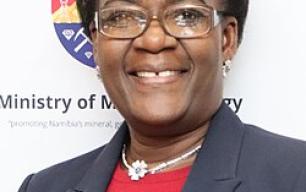

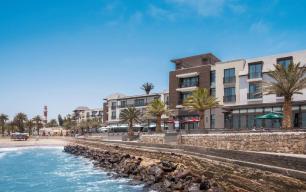
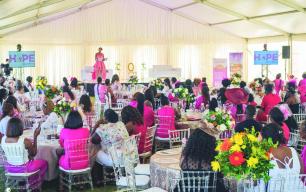
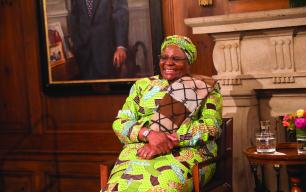
Comments